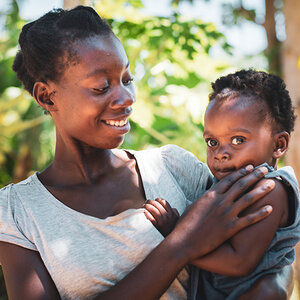Rice University receives $65 million for neonatal health initiative

Rice University in Houston has announced gifts totaling $65 million from the Bill & Melinda Gates, Children’s Investment Fund, and ELMA foundations, as well as individual contributions in support of phase 2 of an initiative to reduce newborn deaths across Africa.
A collaborative effort of organizations based in Africa, the United States, and the United Kingdom, the Newborn Essential Solutions and Technologies (NEST360) international alliance is taking a strategic data-driven approach to improving newborn care in sub-Saharan Africa. The initiative aims to deliver innovation by deploying effective medical technologies suitable for low-resource settings; establishing an educational ecosystem by training healthcare providers in the operation, maintenance, and repair of critical newborn care technologies; and implementing evidence-based care.
According to Rice University, an African newborn has almost 10-times the risk of neonatal death compared to a baby born in Europe or the U.S. With a funding goal of $90 million, phase 2 aims over the next five years to build upon progress achieved in Malawi, Tanzania, Kenya, and Nigeria during the initial phase, while expanding the network to Ethiopia and increasing the number of implementing hospitals.
“I am inspired by the transformative impact of the NEST360 international alliance. The commitment to reducing newborn mortality in sub-Saharan Africa through innovative solutions, strategic collaboration, and a data-driven approach exemplifies the best of global health initiatives,” said Rice University president Reginald DesRoches. “The expansion of the NEST360 program reflects a profound dedication to systemic change, addressing not only the clinical needs of individual patients but also the crucial aspects of equipment availability, healthcare staff, and national policies. This initiative aligns with the core values of our university, emphasizing the role of education, research, and innovation and evidence-based care in creating sustainable improvements in newborn health.”
(Photo credit: Getty Images/GC Shutter)





